Cancer is a considered now as a chronic and a lifestyle disease. Prevention, early detection and diagnosis is the key to all treatments. Tumours are of two types. Benign tumours that expands in the same area, growth is very slow. Malignant spreads to other parts of the body at a rapid pace.
Cancer is characterised by abnormal cell growth and ability to invade nearby tissues through blood or lymph. It is the disease of the cell cycle. The environmental agents associated with cancer are Viruses, Tobacco, Food, radiation, Chemicals and Pollution. Genes which may mutate to cause cancers are tumour suppressor genes, oncogenes, DNA repair genes. Food habits, lifestyles, Inadequacy in early detection are other causes.
Major categories of cancer are Carcinomas- Arising from the epithelial cells lining the internal surfaces of various organs. Sarcomas- Arising from the mesodermal cells constituting the various connective tissues. Lymphoma, Myeloma and LEukemia- Arising from the cells of the bone marrow and immune system.Most common cancers world wide are lung cancer, breast cancer and colorectal cancer. There are over 200 different types of cancer that can occur in our body.


Acute lymphoblastic leukemia

Acute myeloid leukemia
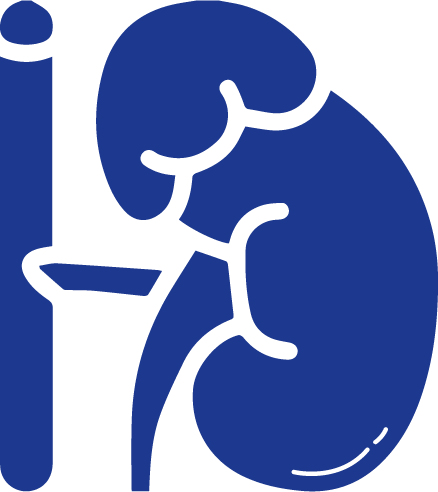
Adrenal tumors
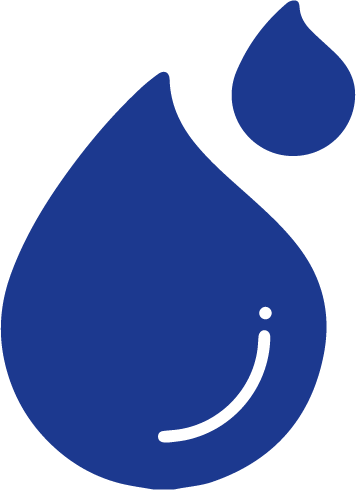
Anemia
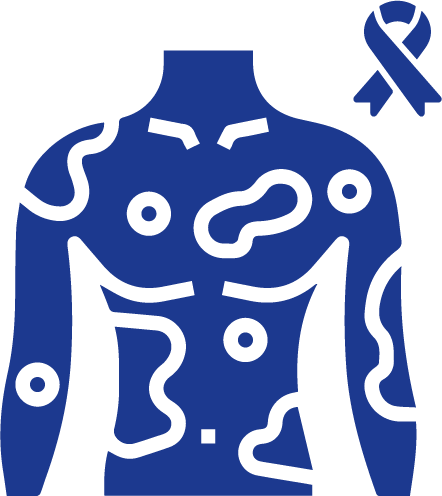
Basal cell carcinoma
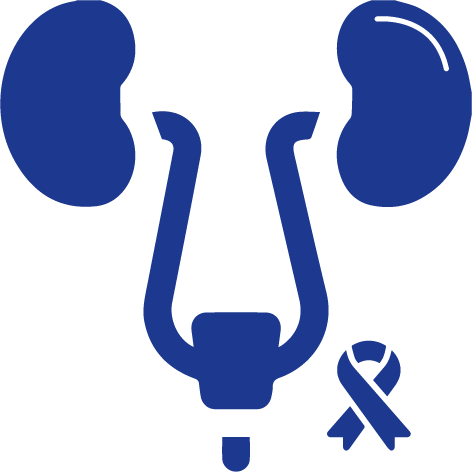
Bladder cancer
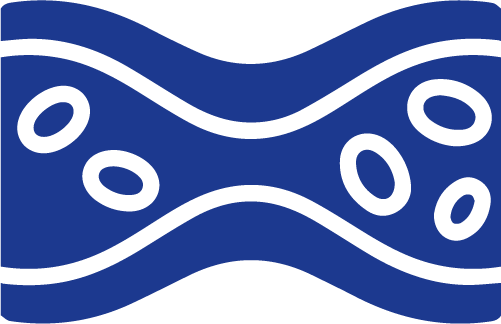
Blood disorders
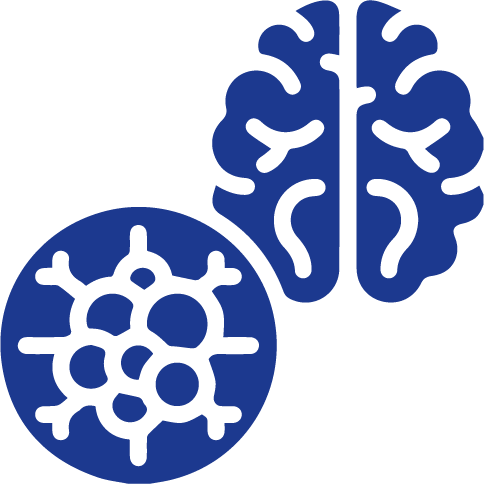
Brain tumors

Breast cancer
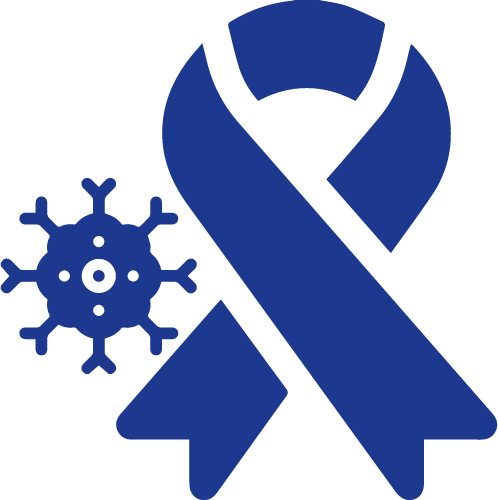
Cancer tumors
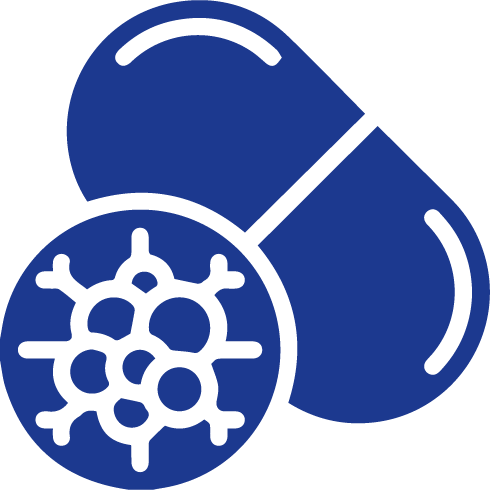
Cancer treatments
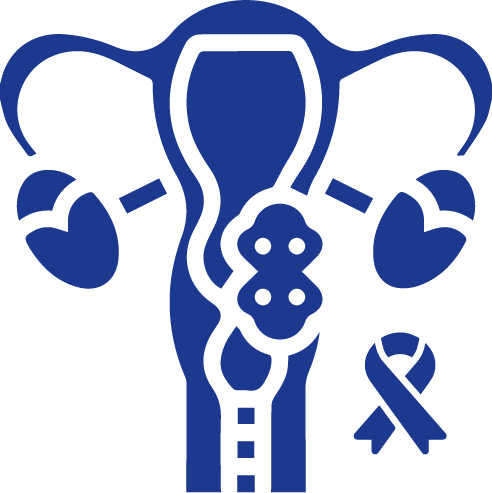
Cervical cancer

Chronic lymphocytic leukemia (CLL)
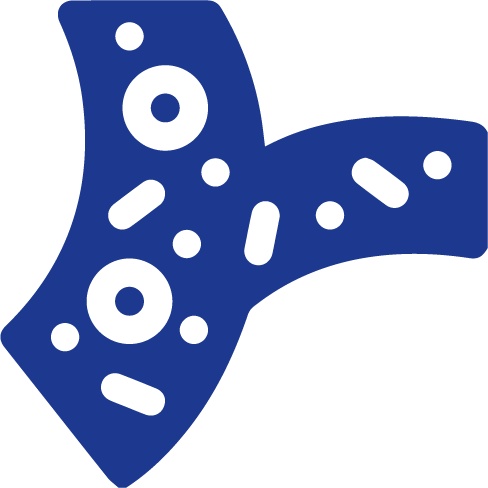
Chronic myeloid leukemia (CML)
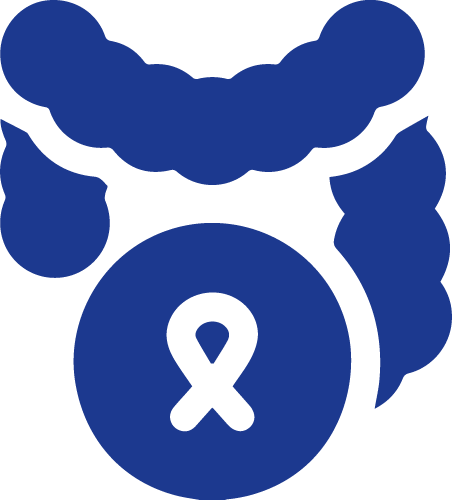
Colorectal cancer
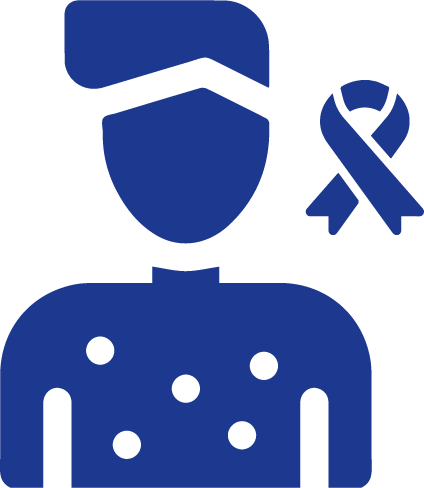
Cutaneous lymphoma
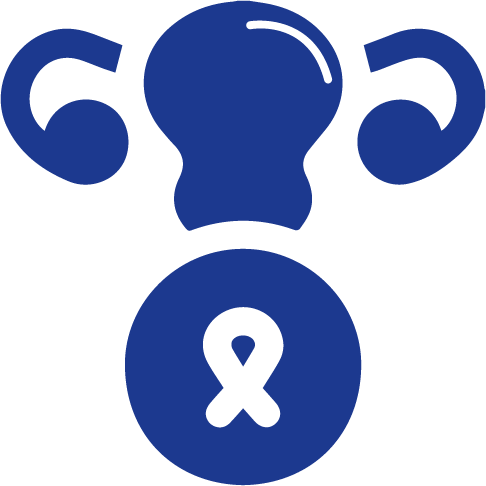
Endometrial cancer
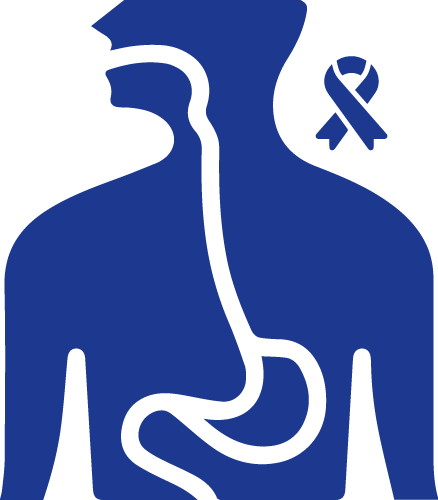
Esophageal cancer
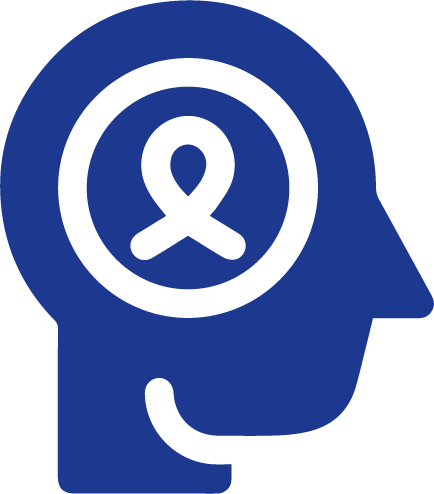
Head and neck cancers

Hodgkin lymphoma
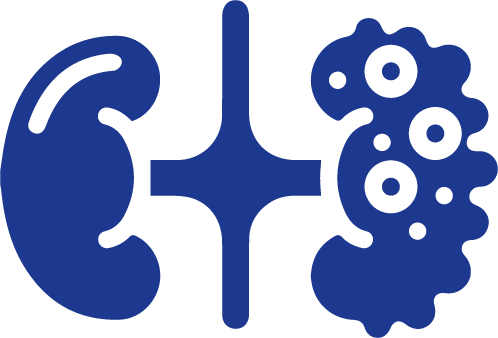
Kidney tumors

Laryngeal cancer
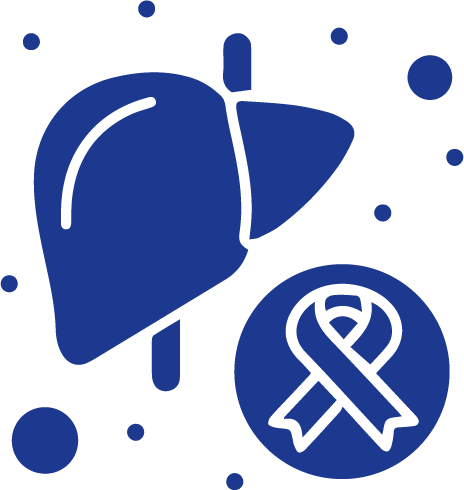
Liver tumor and liver cancer
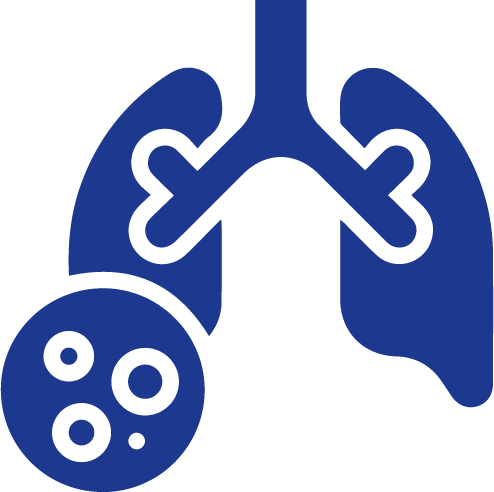
Lung Cancer

Melanoma
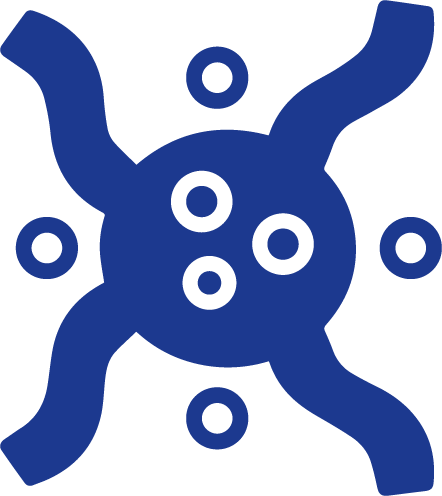
Non-Hodgkin lymphoma (NHL)

Osteosarcoma
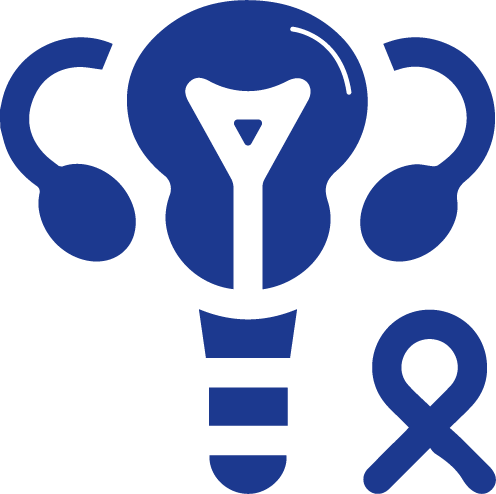
Ovarian cancer
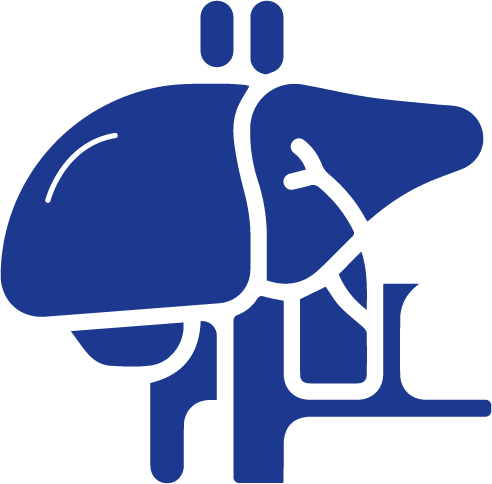
Pancreatic Cancer
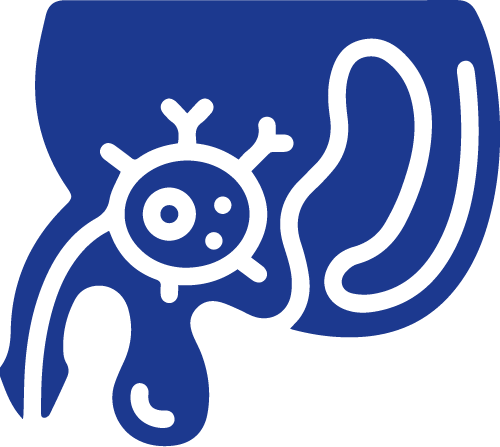
Prostate cancer

Sarcoma

Skin cancer

Squamous

Stomach cancer
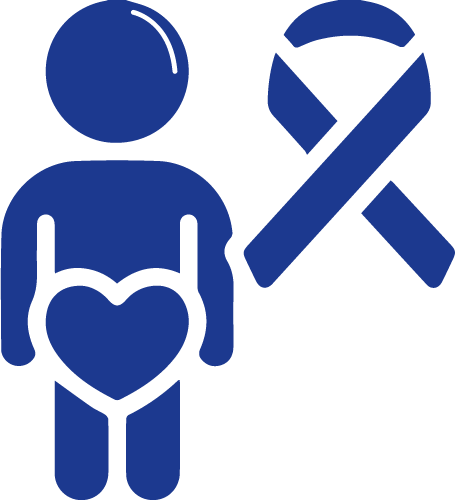
Testicular cancer

Throat cancer

Thyroid cancer

Uterine cancer

Vaginal cancer
Cancer symptoms are not specific, generally being fatigue, weight loss, pain, skin changes, change in bowel/bladder movement, bleeding, persistent cough, lumps, masses etc. There are many tests to screen cancers with definitive one being biopsy. Treatment protocols may vary with the type and stage of cancer. The standard ones being Surgery, Radiotherapy, Chemotherapy, Immunotherapy, bone marrow transplantation etc.
Blood cancer is an umbrella term for cancers that affect the blood, bone marrow and lymphatic system. In most blood cancers, the normal blood cell development process is interrupted by the uncontrolled growth of an abnormal type of blood cell. These abnormal blood cells, or cancerous cells, prevent blood cell from performing many of its functions, like fighting off infections or preventing serious bleeding.
Blood cancer are leukemia, lymphoma (Hodgkin lymphoma, Non-Hodgkin lymphoma), myeloma, and Myelodysplastic syndromes (MDS). Rare group of blood disorders are histiocytosis, paroxysmal nocturnal hemoglobinuria, myeloproliferative neoplasms. While there are three main types of blood cancer, each cancer is unique and there are many different subtypes. New developments in precision medicine treatments are targeting cancers at the molecular level to ensure patients receive the right treatment at the right time. Symptoms for blood cancers are fever chills, bleeding, fatigue, loss of weight night sweats, bone/joint pains, frequent infections, short of breath, swollen lymph nodes, skin rashes etc.Some blood cancers may show no symptoms and slowly progress over years

The risk factors for blood cancer are not fully understood, though it is believed that blood cancers develop from a combination of genetic and environmental factors. Smoking, radiation exposure and exposure to chemicals such as benzene have all been linked to increased risk of some blood cancers. Epstein-Barr virus, HIV and human T-Cell Lymphoma / Leukemia virus infections are also risk factors for developing lymphomas and leukemias.
Treatment for blood cancer depends on the type of cancer, age, progressionand other factors. Treatments for blood cancers are chemotherapy, targeted therapies, immunotherapy,radiotherapy, a stem cell or bone marrow transplant.
Diagnosis and treatment of cancer is a key component of any overall cancer control plan. The main goal is to cure cancer patients or prolong their life considerably, ensuring a good quality of life. In order for a diagnosis and treatment programme to be effective, it must never be developed in isolation. It needs to be linked to an early detection programme so that cases are detected at an early stage, when treatment is more effective and there is a greater chance of cure. It also needs to be integrated with a palliative care programme, so that patients with advanced cancers, who can no longer benefit from treatment, will get adequate relief from their physical, psychosocial and spiritual suffering. Furthermore, programmes should include a awareness-raising component, to educate patients, family and community members about the cancer risk factors and the need for taking preventive measures to avoid developing cancer.
Where resources are limited, diagnosis and treatment services should initially target all patients presenting with curable cancers, such as breast, cervical and oral cancers that can be detected early. They could also include childhood acute lymphatic leukaemia, which has a high potential for cure although it cannot be detected early. Above all, services need to be provided in an equitable and sustainable manner.